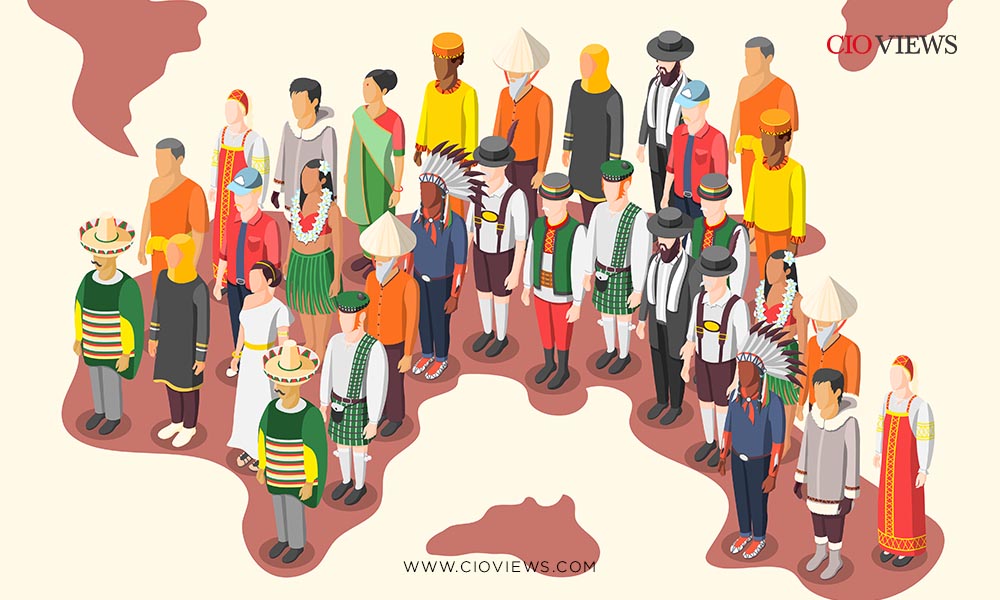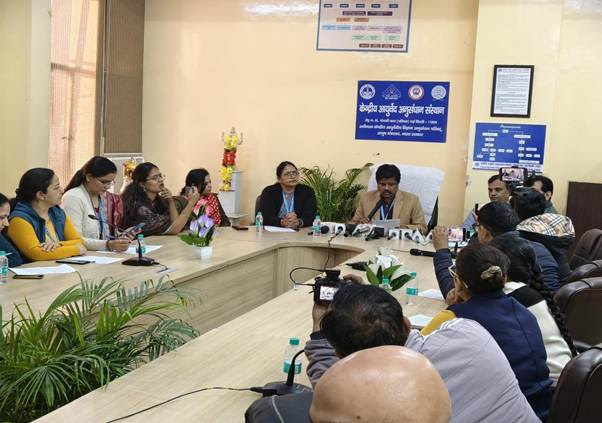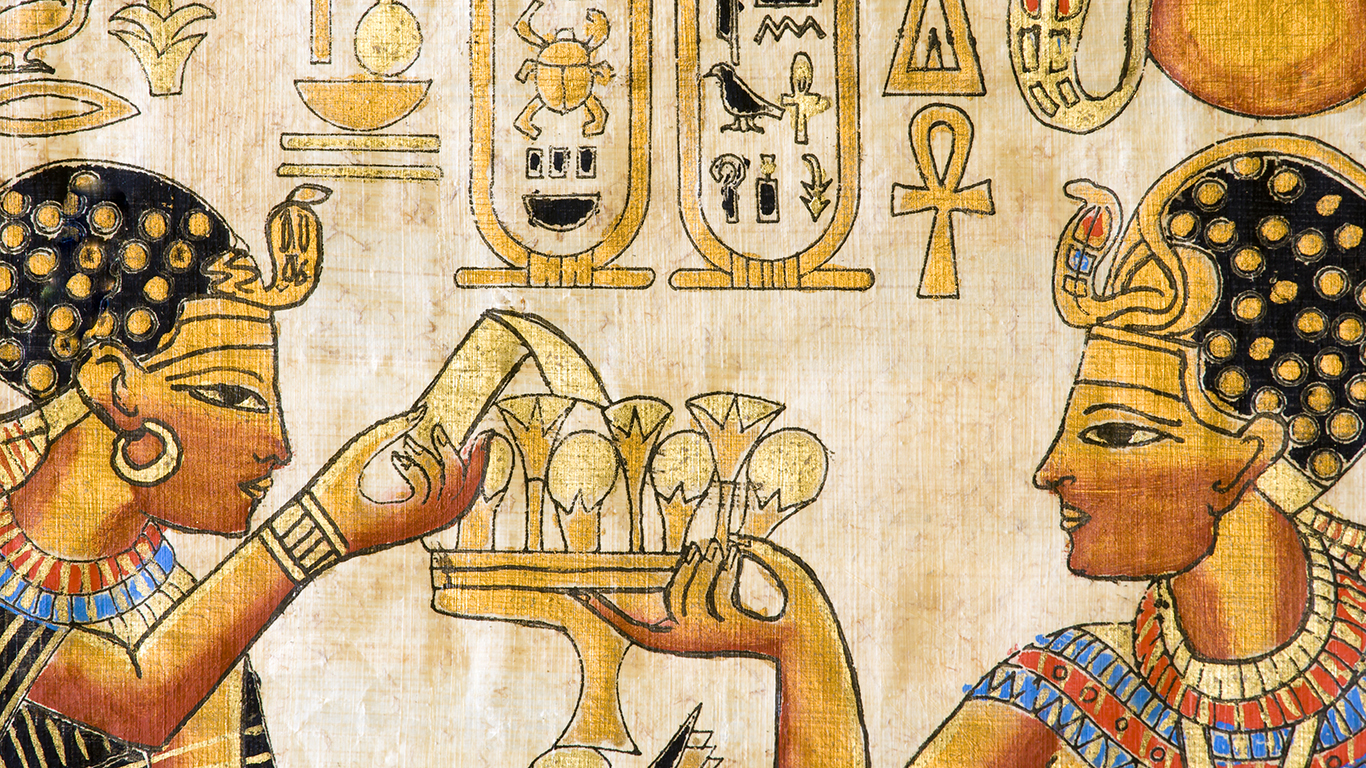Now Reading: Cultural Habits Passed Unknowingly: Traditions in Everyday Life
-
01
Cultural Habits Passed Unknowingly: Traditions in Everyday Life
Cultural Habits Passed Unknowingly: Traditions in Everyday Life

Many cultural habits in India are passed down unconsciously from generation to generation. From household routines to eating patterns and social gestures, these practices influence daily life without people realizing their origins. In Tier-2 cities, traditional behaviors often coexist with modern lifestyles, showing how culture subtly shapes thoughts, actions, and community interactions even in contemporary settings.
Family and Household Practices
Daily routines, such as meal timings, cleaning habits, or ways of greeting elders, are often learned by observation rather than formal teaching. Families in Tier-2 cities maintain these practices, blending them with new habits, creating a mix of tradition and modernity that continues to define daily life.
Social Etiquette and Communication
Gestures, respect forms, and communication styles are also inherited without conscious awareness. Phrases, polite behaviors, and even ways of handling conflict reflect cultural norms passed through generations. These habits influence social interactions at work, schools, and public spaces, maintaining continuity of cultural identity.
Festivals and Celebrations
Participating in festivals, rituals, and community events often transmits habits unknowingly. Even simple actions, like decorating a home or offering food in a particular way, carry cultural meaning. In smaller cities, these traditions remain strong, connecting individuals to their heritage while fostering community bonds.
Food and Eating Habits
Cooking styles, spice usage, and meal structuring are passed down subtly. People in Tier-2 cities often continue to prepare traditional dishes exactly as their parents or grandparents did, even without thinking about the cultural origins, showing how deeply these habits are embedded.
Conclusion
Cultural habits shape daily life quietly but profoundly. By observing family routines, social etiquette, celebrations, and food practices, individuals in Tier-2 cities unknowingly continue traditions that define community identity. Recognizing these habits helps understand how culture persists across generations while adapting to modern life.

























